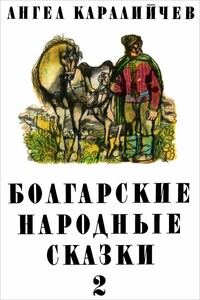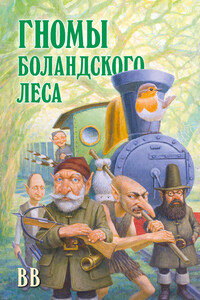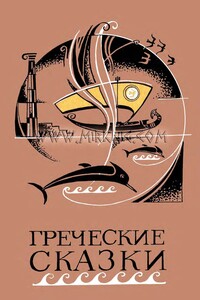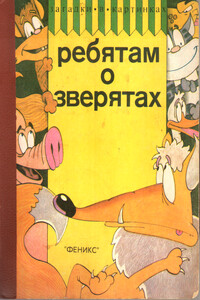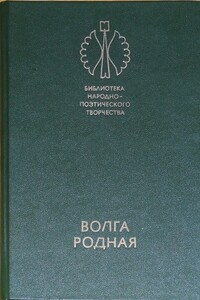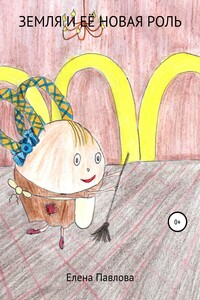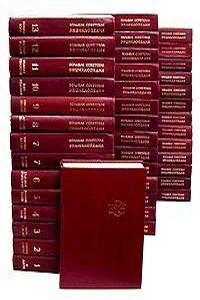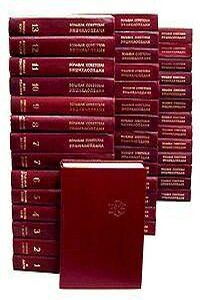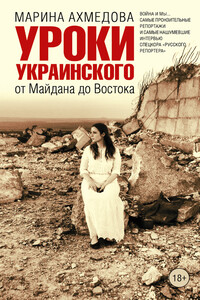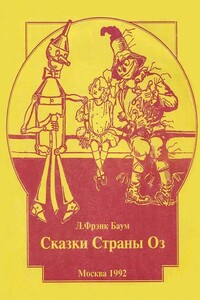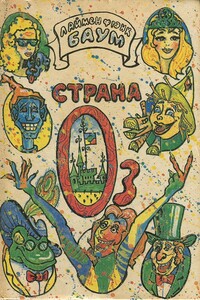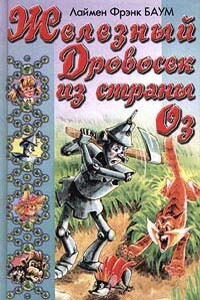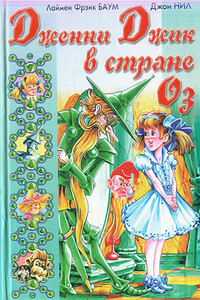Английский язык с Ф. Баумом
Волшебник Изумрудного Города
L. Frank Baum
The Wonderful Wizard of Oz
Пособие подготовила Ольга Ламонова
Метод чтения Ильи Франка
1. The Cyclone (Ураган; cyclone — циклон)
Dorothy lived in the midst of the great Kansas prairies (Дороти жила посреди огромных прерий Канзаса), with Uncle Henry, who was a farmer (с Дядюшкой Генри, который был фермером), and Aunt Em, who was the farmer's wife (и тетушкой Эм, /которая была/ женой фермера). Their house was small (их дом был маленьким), for the lumber to build it had to be carried by wagon many miles (так как древесину для его строительства: «чтобы его построить» нужно было привозить на повозке за много миль; lumber — пиломатериалы). There were four walls (/у него/ было четыре стены), a floor and a roof (пол и крыша), which made one room (которые образовывали одну комнату, to make — делать, конструировать, создавать); and this room contained a rusty looking cookstove (и в этой комнате находились: ржавая на вид кухонная плита; to contain — содержать в себе, иметь /в своем составе/; to look — смотреть, глядеть; выглядеть, иметь вид), a cupboard for the dishes (буфет для посуды; dish — тарелка, миска; посуда), a table (стол), three or four chairs (три или четыре стула), and the beds (и кровати).
Dorothy ['dOrqTI], Kansas ['kxnzqs], prairie ['pre(q)rI], uncle [ANkl], aunt [Q:nt], lumber ['lAmbq], cookstove ['kukstquv]
Dorothy lived in the midst of the great Kansas prairies, with Uncle Henry, who was a farmer, and Aunt Em, who was the farmer's wife. Their house was small, for the lumber to build it had to be carried by wagon many miles. There were four walls, a floor and a roof, which made one room; and this room contained a rusty looking cookstove, a cupboard for the dishes, a table, three or four chairs, and the beds.
Uncle Henry and Aunt Em had a big bed in one corner (у Дядюшки Генри и Тетушки Эм была большая кровать в одном углу /комнаты/), and Dorothy a little bed in another corner (а у Дороти /была/ маленькая кровать в другом углу /комнаты/). There was no garret at all (чердака не было вовсе; at all — совсем, полностью), and no cellar except a small hole dug in the ground (не было и подвала, за исключением небольшой ямы, выкопанной в земле; hole — дыра, отверстие; яма, воронка; to dig — копать, рыть), called a cyclone cellar (называемой = которую называли ураганным подвалом), where the family could go (куда семья могла бы пойти = спуститься) in case one of those great whirlwinds arose (в случае, /если бы/ поднялся один из тех сильных ураганов; to arise — возникать, появляться; great — большой, огромный; сильный, интенсивный) mighty enough to crush any building in its path (мощных настолько, чтобы разрушить любое здание на своем пути; to crush — давить, жать; сокрушить, уничтожить). It was reached by a trap door in the middle of the floor (до него = до подвала добирались через люк в полу, /расположенный/ посередине /комнаты/; to reach — протягивать, вытягивать; достигать, добираться; trap-door — люк, опускная дверь), from which a ladder led down into the small, dark hole (от которого лестница вела вниз, в маленькую темную яму; to lead).
garret ['gxrIt], cellar ['selq], cyclone ['saIklqun], whirlwind ['wq:lwInd]
Uncle Henry and Aunt Em had a big bed in one corner, and Dorothy a little bed in another corner. There was no garret at all, and no cellar — except a small hole dug in the ground, called a cyclone cellar, where the family could go in case one of those great whirlwinds arose, mighty enough to crush any building in its path. It was reached by a trap door in the middle of the floor, from which a ladder led down into the small, dark hole.
When Dorothy stood in the doorway and looked around (когда Дороти стояла в дверях и смотрела вокруг; doorway — дверной проем), she could see nothing but the great gray prairie on every side (она не могла увидеть ничего = она не видела ничего, кроме огромной = бескрайней серой прерии со всех сторон: «с каждой стороны»). Not a tree nor a house broke the broad sweep of flat country (ни дерево, ни дом не нарушали широких просторов равнинной местности; to break — ломать; прерывать, нарушать; sweep — выметание, подметание; пространство, охватываемое взглядом, простор; flat — плоский; нерельефный, плоский; country — страна; местность) that reached to the edge of the sky in all directions (которая доходила до края неба во всех направлениях; edge — острие, лезвие; край, кромка). The sun had baked the plowed land into a gray mass (солнце обожгло вспаханную землю, /превратив ее/ в серую массу; to bake — печь, выпекать; припекать, сушить), with little cracks running through it (с маленькими трещинками, бегущими по ней; to run — бежать, бегать; тянуться, простираться).
doorway ['dO:weI], sweep [swi:p], plow [plau], mass [mxs]
When Dorothy stood in the doorway and looked around, she could see nothing but the great gray prairie on every side. Not a tree nor a house broke the broad sweep of flat country that reached to the edge of the sky in all directions. The sun had baked the plowed land into a gray mass, with little cracks running through it.

